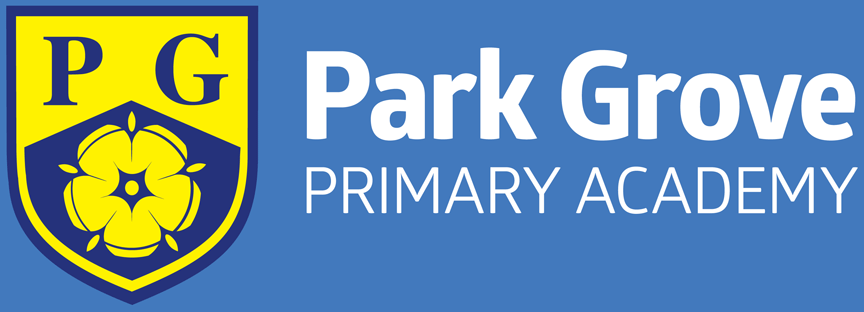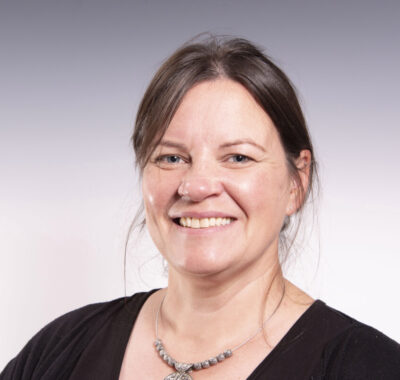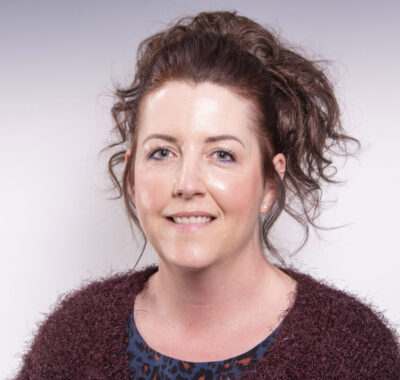All Ebor Academy Trust schools have a similar approach to meeting the needs of pupils with Special Educational Needs and are supported by the local authority (LA) to ensure that all pupils, regardless of their specific needs, make the best possible progress in school. All schools are supported to be as inclusive as possible, with the needs of pupils with Special Educational Needs and Disabilities being met in a mainstream setting wherever possible.
The City of York Council local offer can be found here









